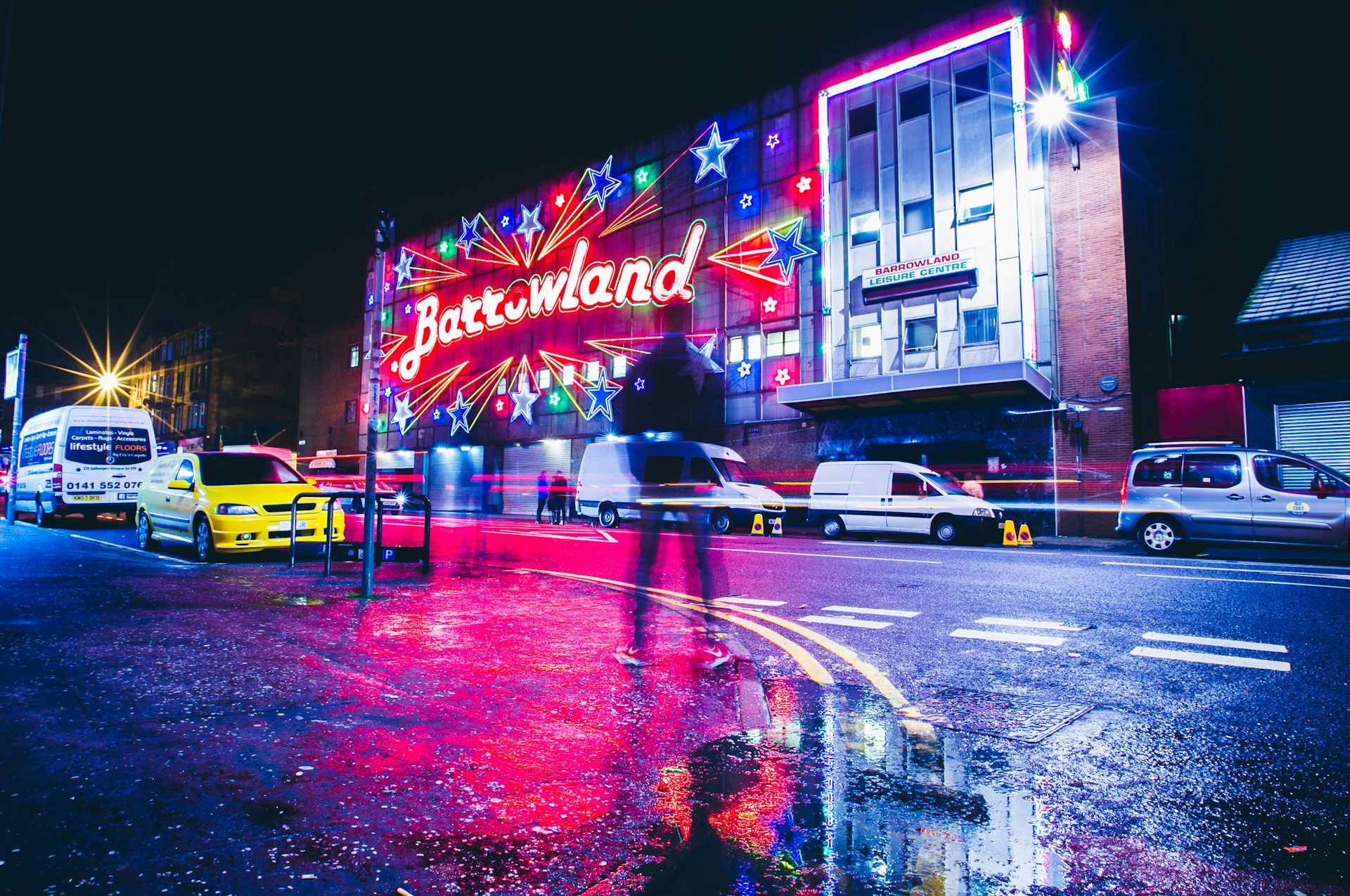
Rising living costs are hitting UK's grassroots musicians particularly hard, forcing many to take additional jobs or scale back performances as venues tighten budgets and expenses soar.
R&B artist Madi Saskia from Smethwick highlights how performance fees barely cover basic costs. "Sometimes you'll only get paid what your phone bill is," she explains. "Once I've fed myself and travelled back home, I still have to think about how I'm going to put money towards rent and bills."
The challenges extend beyond individual artists. Music venues face mounting operational costs, with many struggling to stay afloat. Jess Harper from Coventry's The Tin notes that venues are dealing with rent increases and rising overhead expenses across the board.
Recent data from Help Musicians paints a concerning picture - 44% of 6,000 surveyed musicians cite lack of sustainable income as a career barrier. Nearly a quarter report inability to support themselves or their families.
Some performers are adapting by taking additional work. Kelley Phillips, who performs as Kelley Tigerheart around Cheshire, has taken on part-time work and dance teaching to supplement her income. "I have had no other choice as a single woman living alone but to get other jobs," she says.
The crisis is also affecting mental health, with a third of artists reporting low wellbeing according to Help Musicians. However, the organization's research director Laurie Oliva notes that 81% still plan to remain in music over the next five years, demonstrating the sector's resilience.
Industry experts suggest potential solutions, including the Music Venue Trust's proposal for a £1 levy on arena shows to support smaller venues. Musicians like Saskia advocate for broader changes, including greater respect for arts education and increased infrastructure investment.
For now, many artists continue performing despite the challenges. As Phillips puts it: "I always encourage people to go for their passions and do what they love."